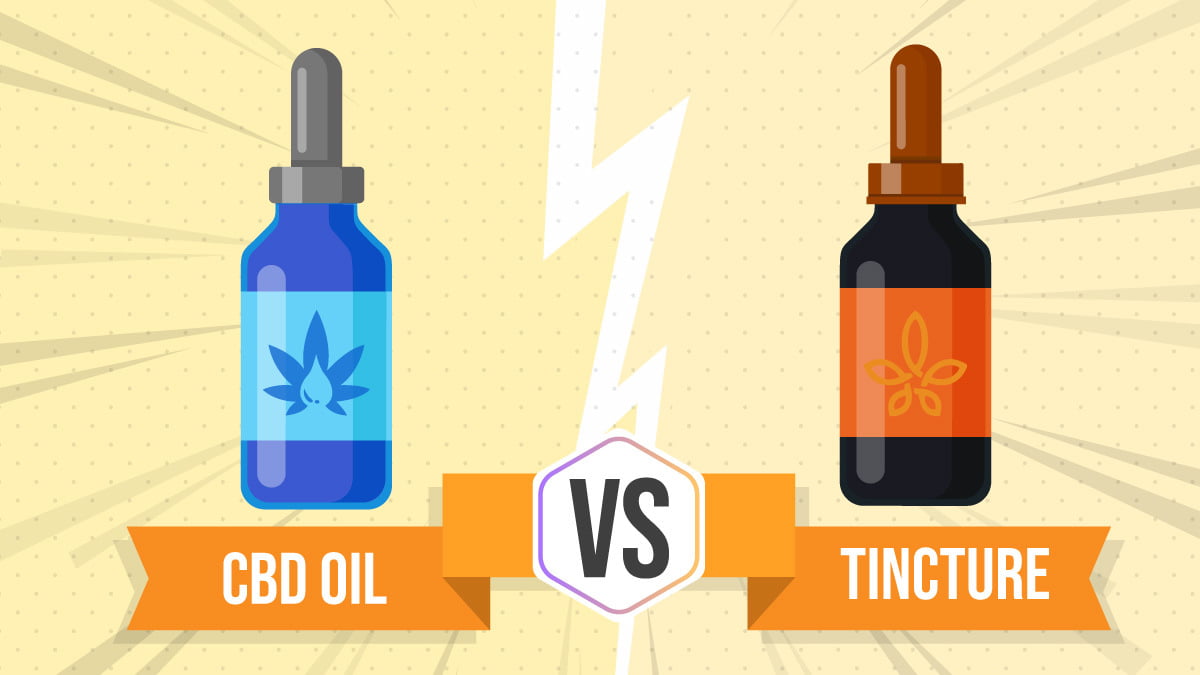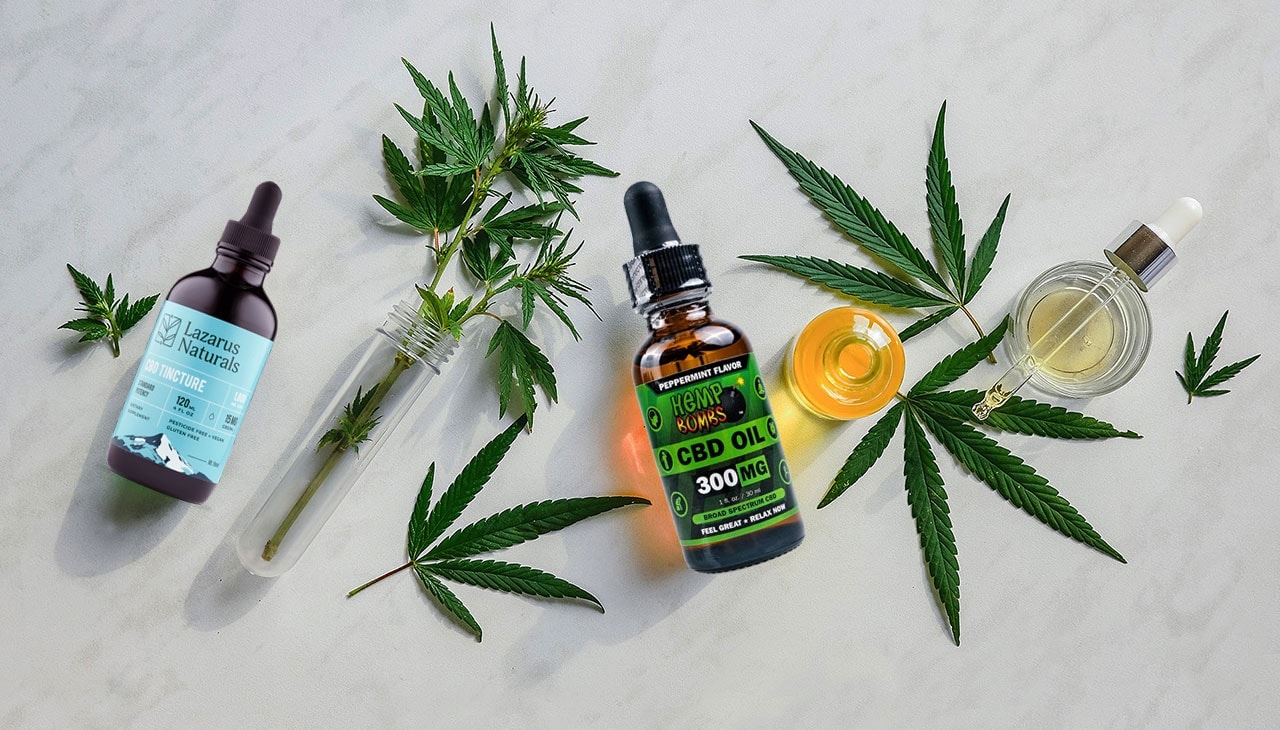Distinctions between CBD oil and tincture: Learn before you purchase one
The growing popularity of cannabidiol (CBD) has resulted in an increase in the number of CBD products available. CBD oils and tinctures are often used interchangeably, and many people are unsure of the distinction. They are, nevertheless, two unique products manufactured utilising two distinct production procedures.
CBD Oil is a kind of cannabis oil that contains a large amount of cannabidiol (CBD).
Combining the oil-based product types of the item under examination with another kind of oil is a typical practise (classified as an inert carrier or medium-chain). CBD oil is extracted straight from the cannabis plant.

Naturally, although extracting pure CBD from the plant may be challenging, flavonoids and certain terpenes may be present in the oil as well. Nonetheless, some of the most popular BudPop CBD oils on the market claim to contain up to 99 percent CBD.
CBD Tincture is a kind of cannabis oil that includes the active ingredient cannabidiol (CBD).
In general, tinctures are alcohol-based concentrated extracts. The primary solvent used in the production of tinctures is alcohol (which is often quite strong), and the function of this solvent is unknown. The objective here is to extract all of the compounds essential for the manufacturing of CBD tincture from cannabis plants.
Naturally, the major result of this process is a product that not only has a high concentration of alcohol, but also has the additional advantage of lasting far longer. For example, CBD tinctures contain around 70% alcohol and may be preserved for up to five years.
There is, however, no need to be alarmed by the high alcohol concentration. While these tinctures are often flavoured and sweetened to hide the bitter flavour of their components, this is not always the case.
Contradictory Opinions
Obviously, the most critical contrast between the two types of products is their manufacturing process. Oils are made composed of pure carrier oils and CBD derived from the cannabis plant, while tinctures include the same natural ingredient, CBD, but are extracted using alcohol. Oils are more costly than tinctures, which are cheaper.
Several further differences include the following:
CBD oil, when taken orally and on its own, does not have a nice taste, according to reports. As a consequence, it is often seen in conjunction with other foods or medications. Tinctures, on the other hand, are very flavourful and far more fun to take due to their high alcohol level – they may taste like vanilla, chocolate, coconut, or a variety of other flavours.
Price
On average, high-grade CBD oil is somewhat more expensive than standard tinctures due to its purity and quality. This is because, in most cases, potency and strength are prioritised in oils. Nonetheless, the prices for the most basic oils and tinctures are almost identical to those for the more complicated ones.

Availability
Because tinctures include more alcohol than oils, they often have a much longer shelf life than oils, as previously indicated. Additionally, by keeping oils and tinctures away from direct sunlight, both products’ shelf lives may be greatly extended.
Another obvious contrast is the absorption mode, which is, of course, unique. While oils are often used orally or in combination with other medications, tinctures are generally administered sublingually, allowing for more efficient and rapid absorption of the active substances. Typically, very concentrated and pure CBD oil from BudPop is rather expensive owing to the extraction process being judged better to that of tinctures. Nonetheless, both kinds of CBD products provide the same basic CBD benefits.

